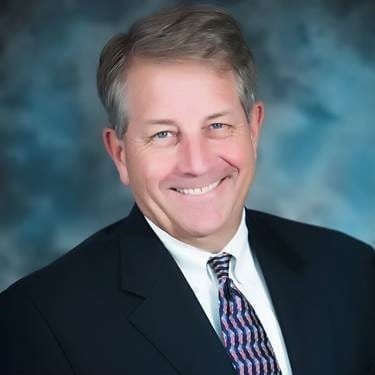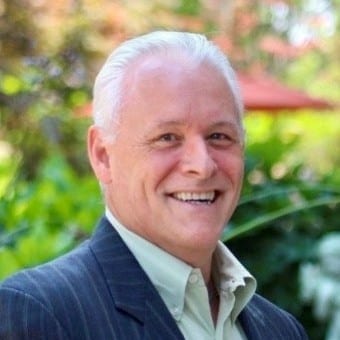Eagle Telemedicine Announces New Two Appointments to Address Increased Demand for Inpatient Care and Telehealth Doctors
Adds to growing team of physicians and support staff responding to hospital requests for remote care
ATLANTA — (December 16, 2020) — Eagle Telemedicine announced today that Steve Johnson has joined the company as Regional Director of Business Development for the Great Plains Region and welcomes Scott Haynes as Program Manager to support nationwide telemedicine expansion and the greater need for telehealth doctors.
These newly created positions will help meet the growing need for telemedicine services due to the COVID-19 pandemic and broader acceptance of virtual care among hospitals and patients. The additional staff will support much-needed medical specialty services in rural communities in the Great Plains region, including Colorado, Kansas, Nebraska and Utah as well as other states in the heart of the country.
“The rise in COVID cases has strained rural and Community Access Hospitals, which have long suffered from physician shortages,” said Dr. Talbot “Mac” McCormick, Chief Executive Officer of Eagle Telemedicine. “Both Steve and Scott bring significant experience in healthcare, which will enable us to quickly set-up new telemedicine programs and deliver care to patients.”
While the company planned for growth in 2020 and added several new positions at the beginning of the year, the spread of COVID-19 intensified the need for and acceptance of telemedicine solutions for both inpatient and outpatient care.
Virtual physicians offer two benefits to hospitals. First, doctors diagnosing and treating patients using a robot, videoconferencing, and an electronic stethoscope are not susceptible to catching or spreading coronavirus. Second, telemedicine programs offer underserved and rural hospitals, and their patients, access to specialists that are often not available in these communities.
“During the spring we received requests for Tele-ID [infectious disease], Tele-ICU and TelePulmonology,” said Jason Povio, President and Chief Operating Officer at Eagle Telemedicine. “Now, we are responding to a continued need for COVID-related specialties as well as request for TeleCardiology, TeleNeurology, TeleNephrology, TeleStroke, and other specialties these hospitals desperately need.”
Steve Johnson brings a unique perspective to his position at Eagle. As a resident of a rural Kansas community, he has first-hand personal experience with having to travel for healthcare.
“I’ve had to pack up the family to get healthcare in a larger city,” said Johnson. “It’s a burden for the whole family and makes the situation much more stressful.”
When a patient is transferred to another hospital, the rural hospital will often lose that patient forever. The transferred patient often returns to that larger hospital for follow up care. Once the larger hospital has that connection, there will always be reasons why the patient needs to keep coming back.
“Keeping patients closer to home is good for the hospital, patient, and community. Rural and community hospitals need patients to keep their doors open and provide their community with emergency and elective care,” said Johnson. “Access to specialists, like TeleCardiologist, TeleNeurologists and TelePulmonologist, improve care in the emergency department and on patient floors.”
 Steve Johnson
Steve Johnson Scott Haynes
Scott Haynes